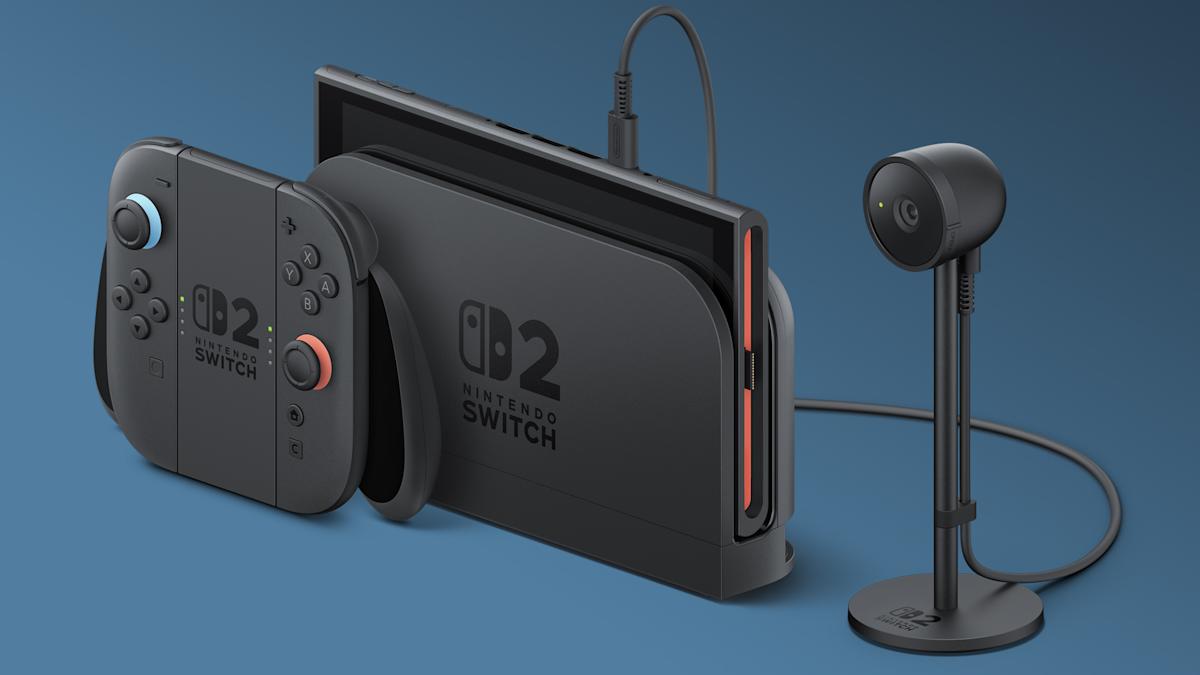Introduction to the Feud
The highly publicized alliance between President Donald Trump and entrepreneur Elon Musk has come to an end, with the two engaging in a very public feud via social media. This breakup prompts the question, “How did their relationship deteriorate to this point?”
Background on the Alliance
Until recently, Musk held a significant position within Trump’s inner circle, influencing various aspects of the government, notably through the Department of Government Efficiency, which was established by an executive order and advised by Musk himself.
The Source of Discontent
Musk, who was once a frequent visitor to Trump’s Mar-a-Lago resort and the White House, has now expressed his dissatisfaction with the president. The reason behind this change of heart is the One Big Beautiful Bill Act, a 1,038-page piece of legislation passed by the House of Representatives on May 22, which is currently on its way to the Senate for further consideration.
Following the passage of the bill, Trump withdrew his nomination of Jared Isaacman, Musk’s choice to lead NASA, a move seen as a clear indication of the end of their partnership. Despite this, both Trump and Musk continued to maintain a public facade of friendship until the end of the month.
Public Fallout
The situation took a turn for the worse this week, with Musk publicly denouncing the bill on X, stating, “I’m sorry, but I just can’t stand it anymore. This massive, outrageous, pork-filled Congressional spending bill is a disgusting abomination. Shame on those who voted for it: you know you did wrong. You know it.”
The Bill’s Implications
The One Big Beautiful Bill Act is presented as a measure to cut taxes and invest in American businesses. However, according to estimates by the Congressional Budget Office (CBO), the bill will cut taxes by $3.7 trillion but increase the national debt by $2.4 trillion over the next decade and raise the debt ceiling by $4 trillion. This has led to opposition from two Republican senators, Rand Paul and Ron Johnson, who are concerned about the bill’s impact on the country’s existing debt crisis.
The bill has far-reaching effects, including the removal of taxes from Social Security income, tips, and overtime pay, as well as significant cuts to federal healthcare programs like Medicaid and SNAP. The CBO projects that these cuts will result in nearly 11 million more people lacking health insurance by 2034.
Escalating Dispute
The dispute between Trump and Musk escalated further when Trump was asked about Musk’s rejection of the bill. Trump claimed that Musk was well aware of the bill’s provisions but only objected when he realized it would negatively impact his business, specifically mentioning the cut to the EV mandate, which would affect Tesla’s electric vehicle sales.
Musk responded by stating that Trump would have lost the election without his support, declaring, “Without me, Trump would have lost the election, Dems would control the House and the Republicans would be 51-49 in the Senate.”
Continuing Feud
The feud continued with both parties exchanging jabs on social media. Trump accused Musk of being “wearing thin” and stated that he had asked Musk to leave, also mentioning that he had taken away the EV mandate that benefited Musk’s electric car business. Musk, in response, posted a screenshot of Trump’s statement and announced that he would decommission SpaceX’s Dragon spacecraft as a result.
Musk further accused Trump of being involved in the Epstein Files, referring to the late financier Jeffrey Epstein’s sexual exploitation of children, a claim that Trump has not addressed. Additionally, Musk predicted that Trump’s tariffs would lead to a recession in the latter half of the year and expressed agreement with another user’s post suggesting that Trump should be impeached.
Implications for the Tech Industry
While the public fight between Trump and Musk has garnered significant attention, with many observing the exchange with a mix of fascination and concern, the implications of this feud extend beyond the personal realm, potentially affecting the tech industry as a whole. Other tech billionaires, including Mark Zuckerberg, Sundar Pichai, Jeff Bezos, Sam Altman, and Tim Cook, who donated to Trump’s inauguration fund, may face repercussions due to Trump’s policies, particularly the enforcement of heavy tariffs on international imports.
Source Link





